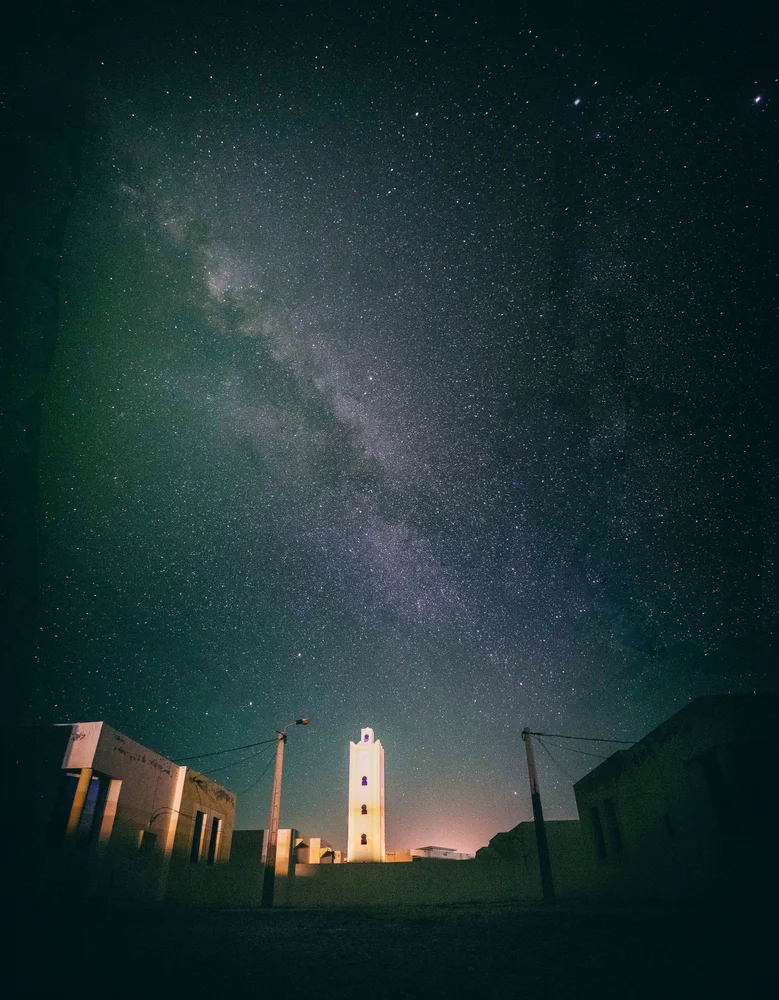From the Sahara to Europe
Time and again, tales of young African men arriving on the shores of Europe in search of a better life have filled headlines. But who are these individuals, and what drives them to embark on such perilous journeys? In 2021 and 2022, I spent time in Morocco, shadowing the lives of young men chasing their dreams. These are their stories.
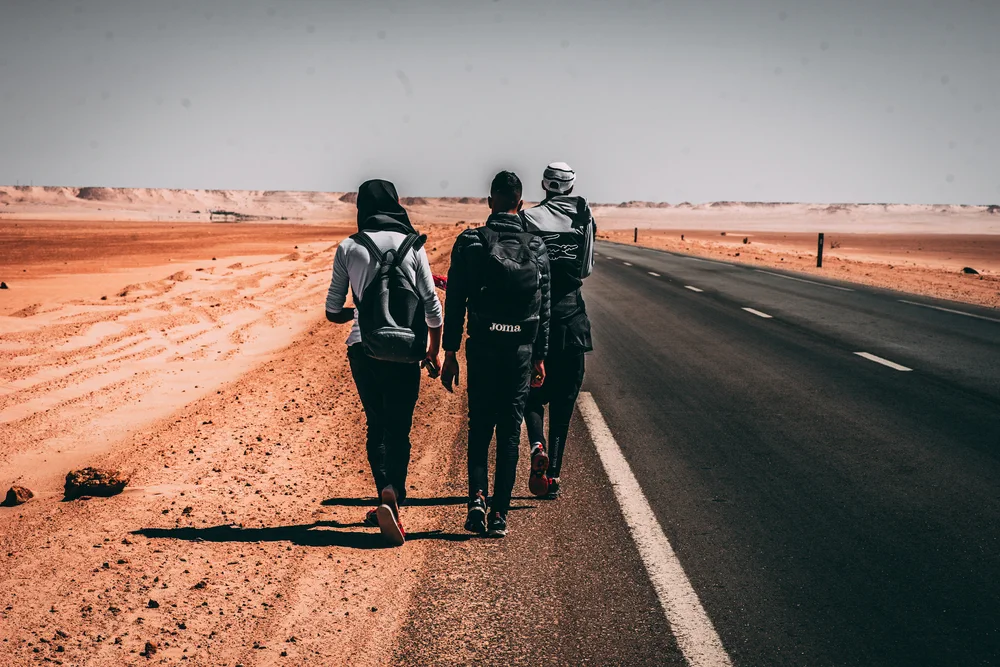
Migrants crossing the Sahara
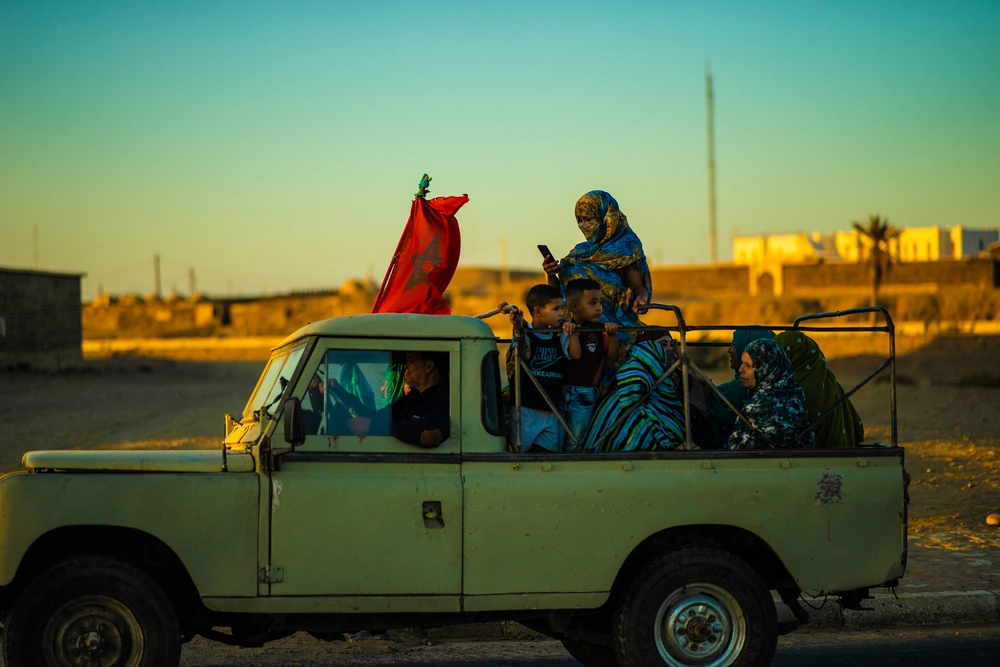
The Story of Hamza
In October 2021, during a hitchhiking trip near the Sahara, I encountered Hamza, a young man determined to find work in Dakhla, a coastal city in the heart of the Sahara.
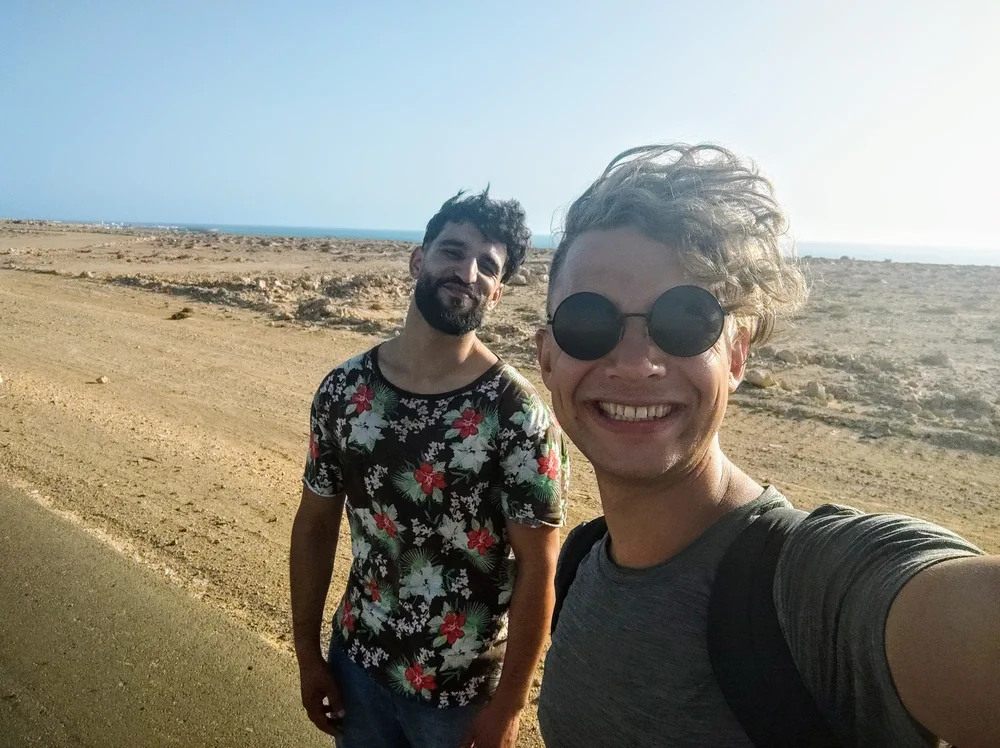
“I’m looking for work”, he said. “There will be work for me in the south”.
With nothing but a small backpack and unwavering resolve, he was set on making the journey south. Despite police interruptions, we pressed on through sheer determination, navigating deserts and dangers, and sleeping under the open sky.
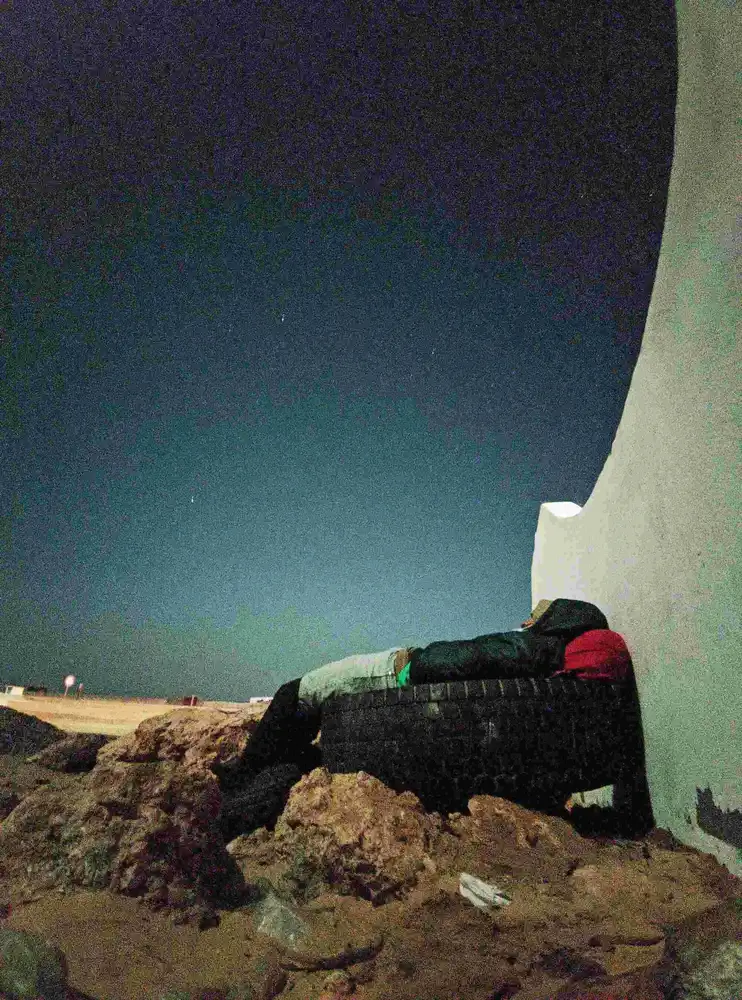
He was determined to get there, penniless that he was – he would even walk if needed. A kind man that he was, he would still refuse my money when we bought water, even sharing his bread with me. The snacks I had with me, I would split with him. For hours we walked with no complaining, trying to stop every car or truck that would pass by until we found some going our way. Slowly but surely we would gain some distance, even if the police occasionally brought us back to our starting point for that day – but helped us find a ride later.
Hamza
Our paths eventually diverged in the last major settlement of Western Sahara. Hamza, adamant about not being a tourist, sought employment,
“I can’t be a tourist, I have no money – I need to work”
This highlighted the struggle faced by many in the region. He may have an opportunity in the fish processing industry, but there’s only so much fish to process, and millions of underemployed west africans.

In Dakhla where I was working on my articles and book, I encountered plenty of these young people willing to risk everything for a chance to get to Europe.
“It’s paradise”, they said.
“The promised land where we can earn money”.
Instead of making a life for their families in Morocco, they smoked cheap cigarettes and hung around to call their friends in their shared room
“You have to help me get to Europe. You tell me the process now! You can sponsor my visa – I have 4 children“
One of them insisted – not grasping that I’m but a poor photographer and no visa expert.
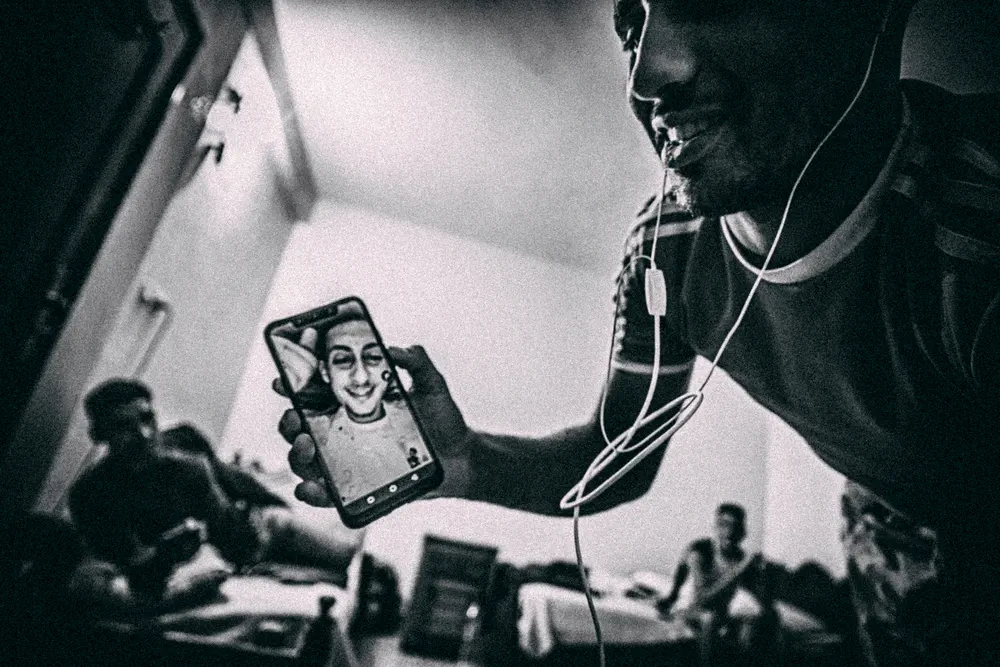
Migrants after their failed attempt
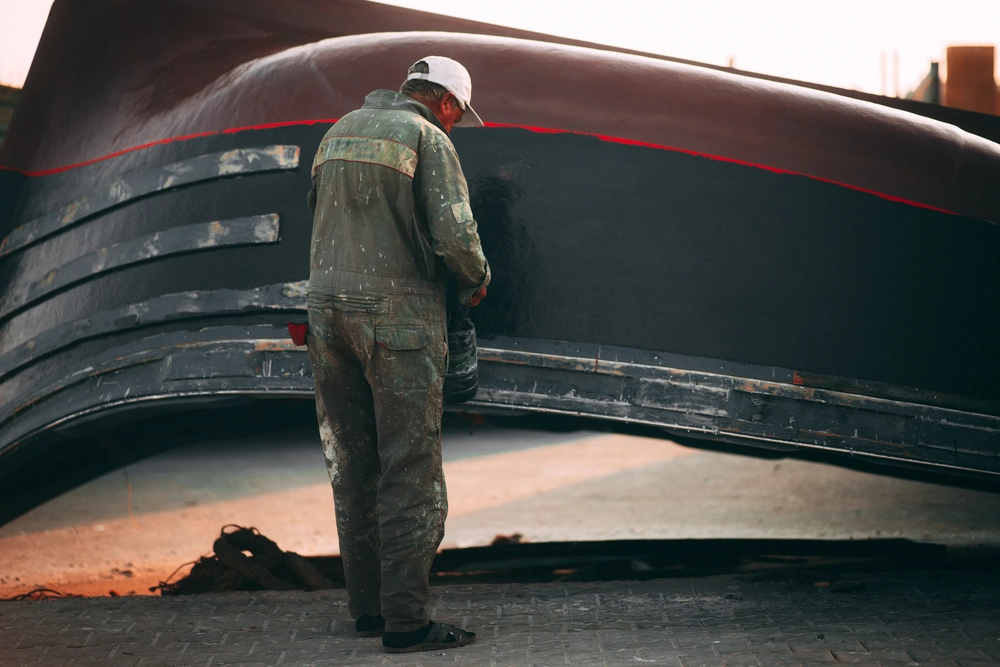
Boats like these are used to transport dozens of migrants to European territories
The western Sahara problem

Girl in traditional Saharawi clothes
The issue of the western Sahara would deserve its own article because of the complexity. A colony of Spain until 1975, Morocco considered it to be Terra nullius (No man’s land) and annexed it in 1976 without asking the locals – which seems to happen quite often. Polisario Front, representing the Saharawi people, fought for independence, leading to various clashes and sunken ships near the Canary Islands. Morocco’s efforts to claim the territory included building villages in the desert, claiming that they inhabited the land now. In order to fill these villages, they brought recruiters to the North of the country, prompting an influx of young men from cities like Fez and Casablanca, all seeking opportunities south.
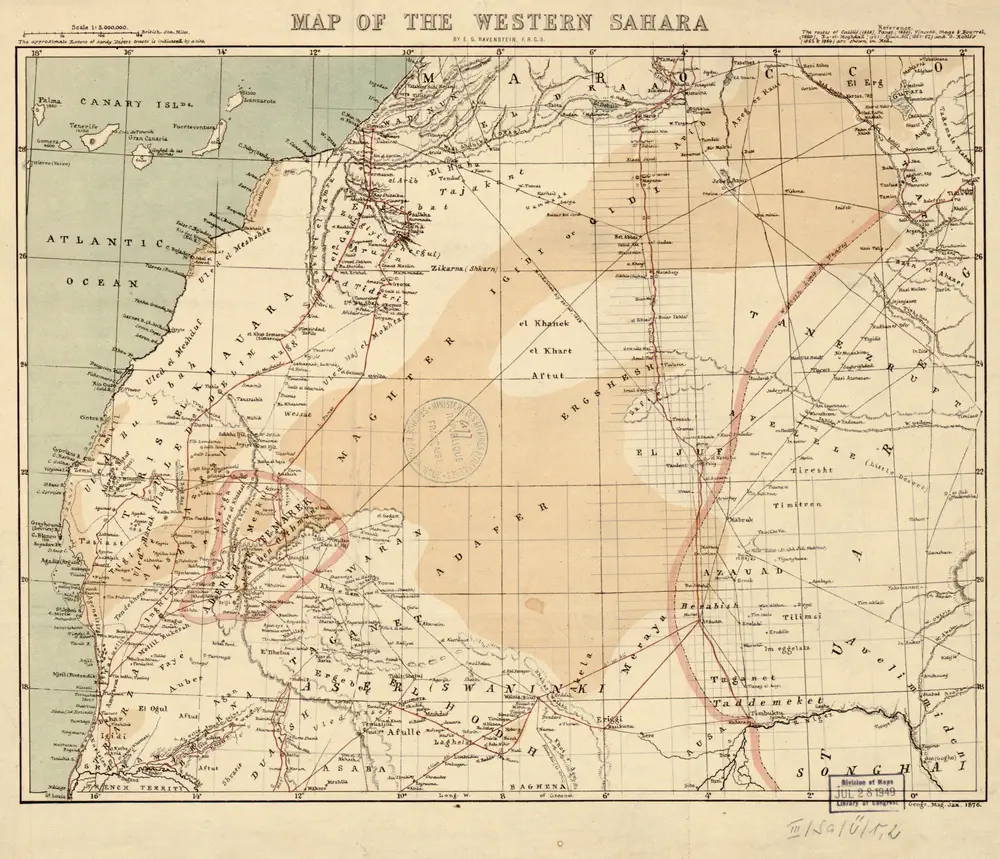
Map of western Sahara
But very few actually want to live in these villages, rendering them useless and abandoned. But maybe not entirely useless. It was a place of photography and free real estate to live in for me.
Milky way over an abandoned village in Western Sahara
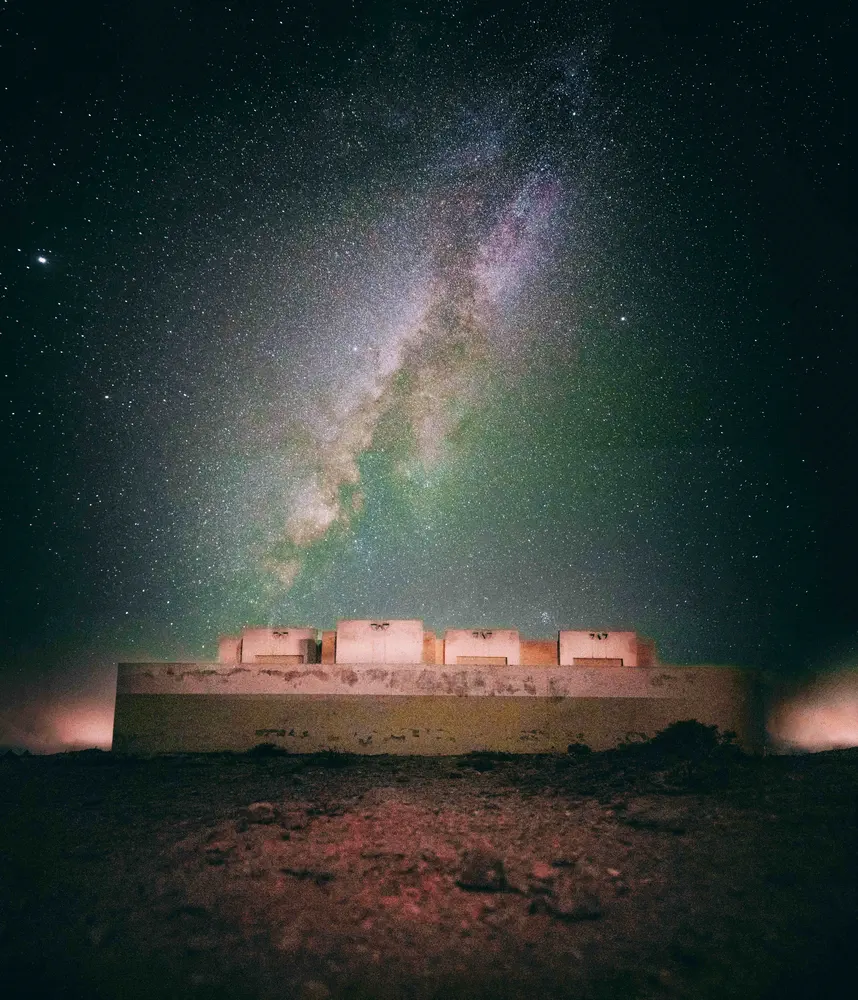
While continuing south towards Mauritania I encountered one of these sunken ships, next to a Saharawi tent camp. The locals told me it was a Spanish ship sunken by Polisario near the Canary Islands.
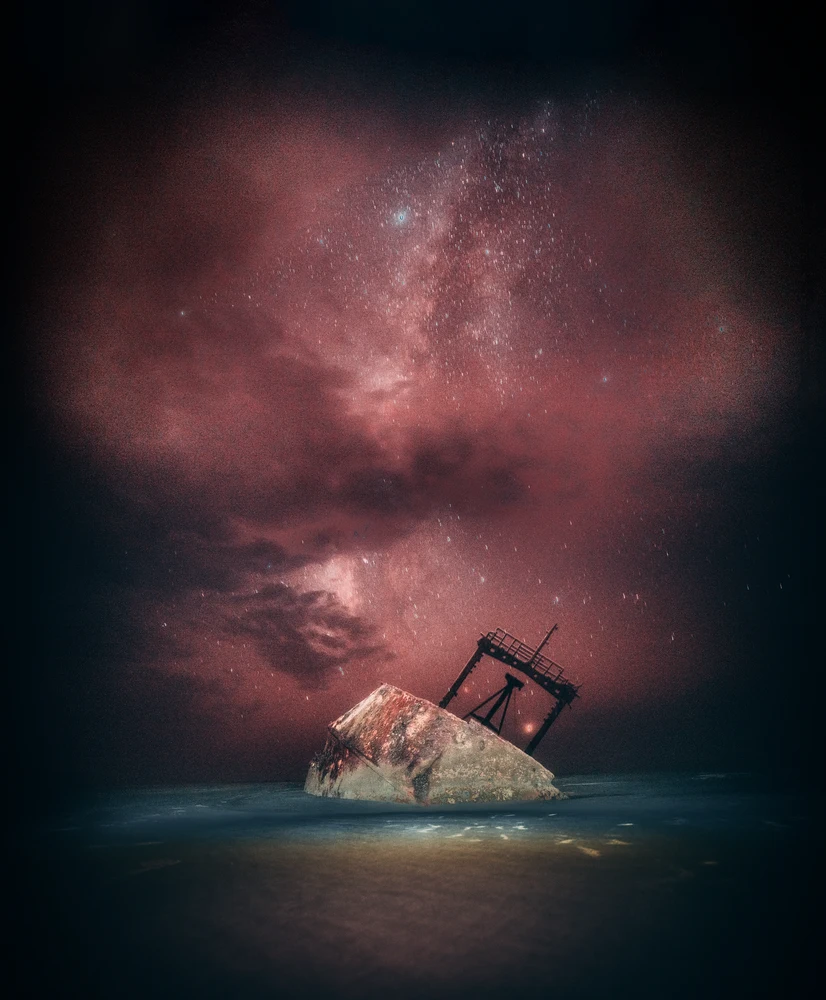
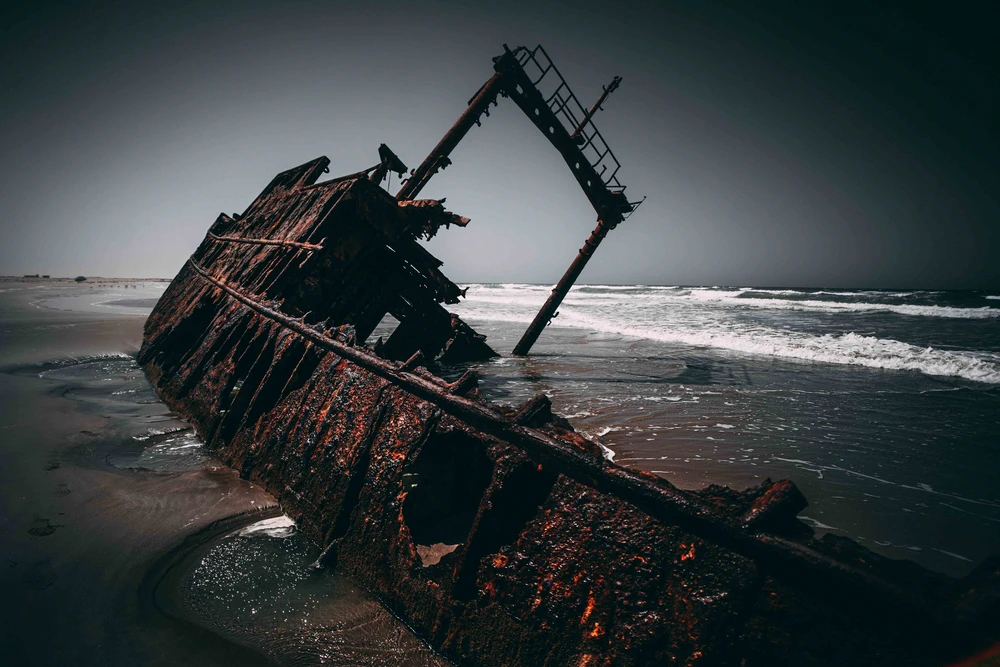
The abandoned village I slept in
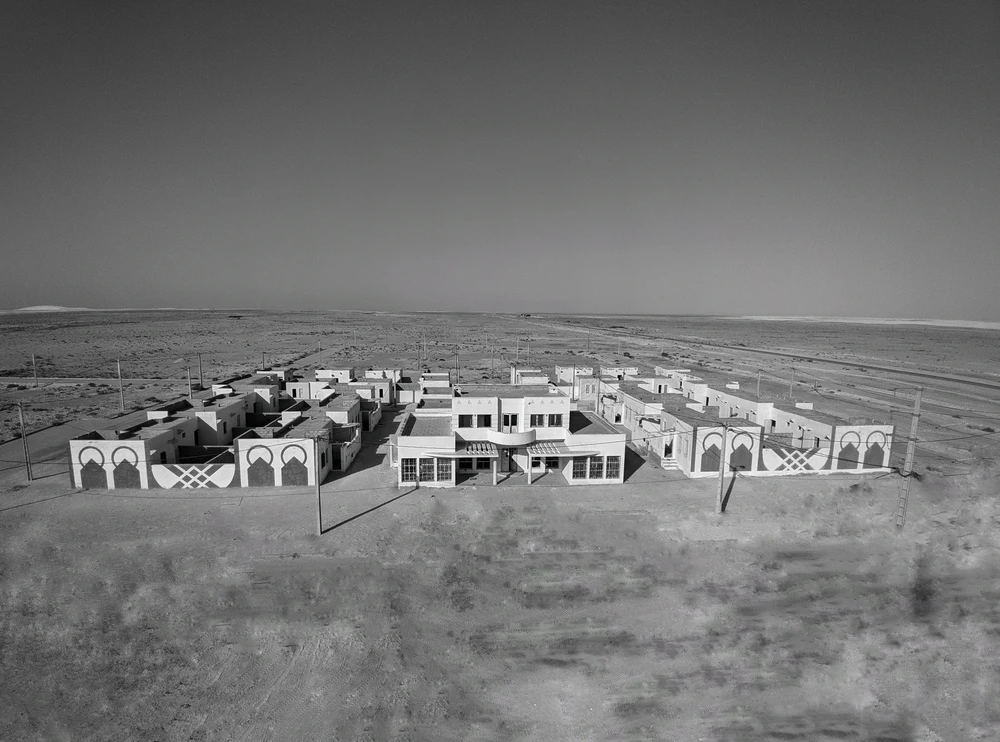
The Harsh Path to Europe
In 2022, I received news that Hamza had successfully made it to Europe. He had borrowed money for the trip and left for the Canary Islands. I had spoken to smugglers in Dakhla and they informed me that the police were telling them when to go and when not to go. Allegedly ending migrants to Spain appears to be a larger diplomatic story as well.
His boat had taken… water. And he arrived on Spanish grounds with nothing but the clothes on his body. From there on he pulled some tricks and flew into mainland Europe, evading police and making it to Italy.
His journey, however, was far from easy or over. Working for a meagre 5 euros an hour for a construction company, he lived in constant fear of the police, who would regularly hunt immigrants like him. During my visit to his accommodation, he concealed himself beneath construction equipment, exemplifying the daily challenges faced by these immigrants.
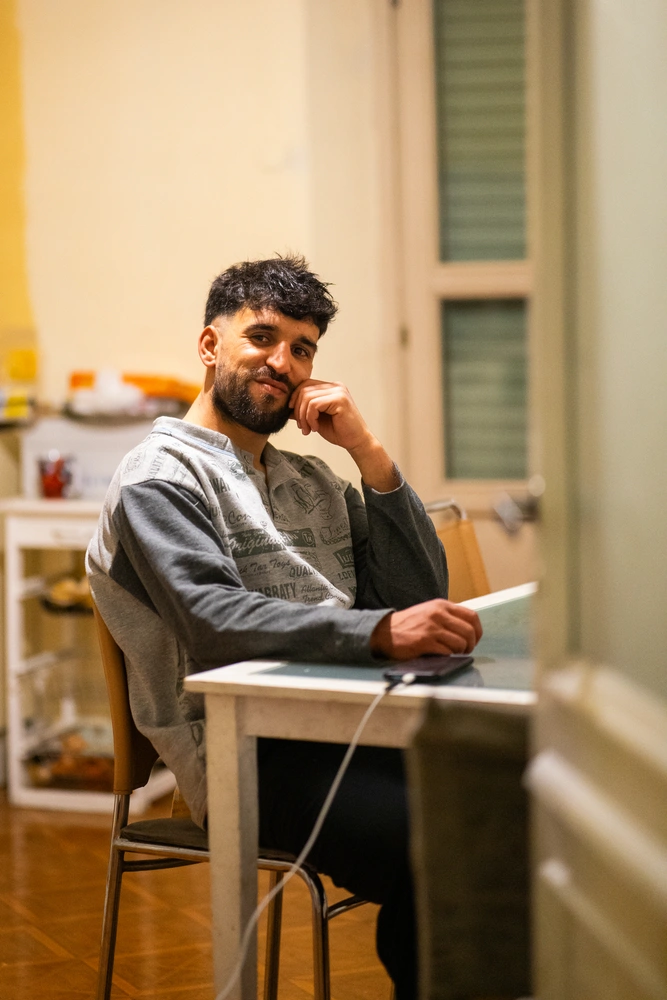
Hamza in Italy
Yet, despite the hardships, Hamza wore a brave smile when asked about his situation.
“It’s tough here,” he admitted, “but it’s better than Morocco.”
Hamza’s story sheds light on the harsh realities faced by Moroccan immigrants as they navigate deserts, conflicts, and discrimination in search of a better future. Their resilience and determination paint a picture of human strength against all odds. It’s not up to me to judge whether it was right or wrong for him to do it, only to document it.
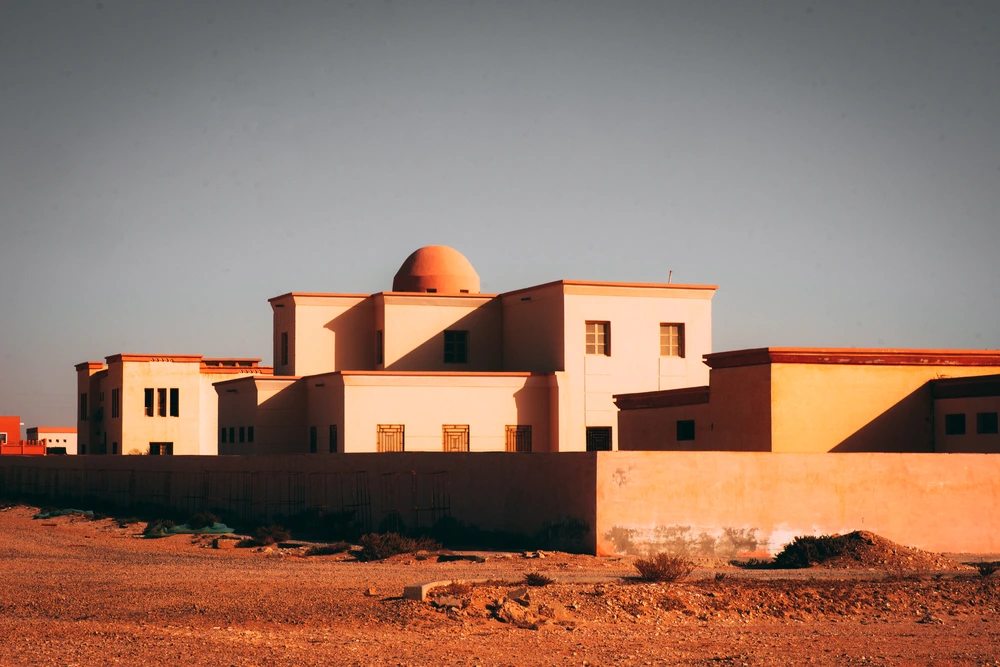
A permanent home
In January 2025 Hamza reached out to me as a friend, he had just obtained permanent residence from the country of Italy and was able to legally stay there now. He mentioned living with some Italian woman untill extremely recently, who may have sponsored his visa to stay there. The relationship had seemingly died off and he was asking me how the ‘under the table’ job market in Germany was, as he was about to leave her apartment. It seems like he can’t help himself to stop breaking the rules.
“I’m happy I found a friend in you”, he said as he went onto his new adventure in Germany
